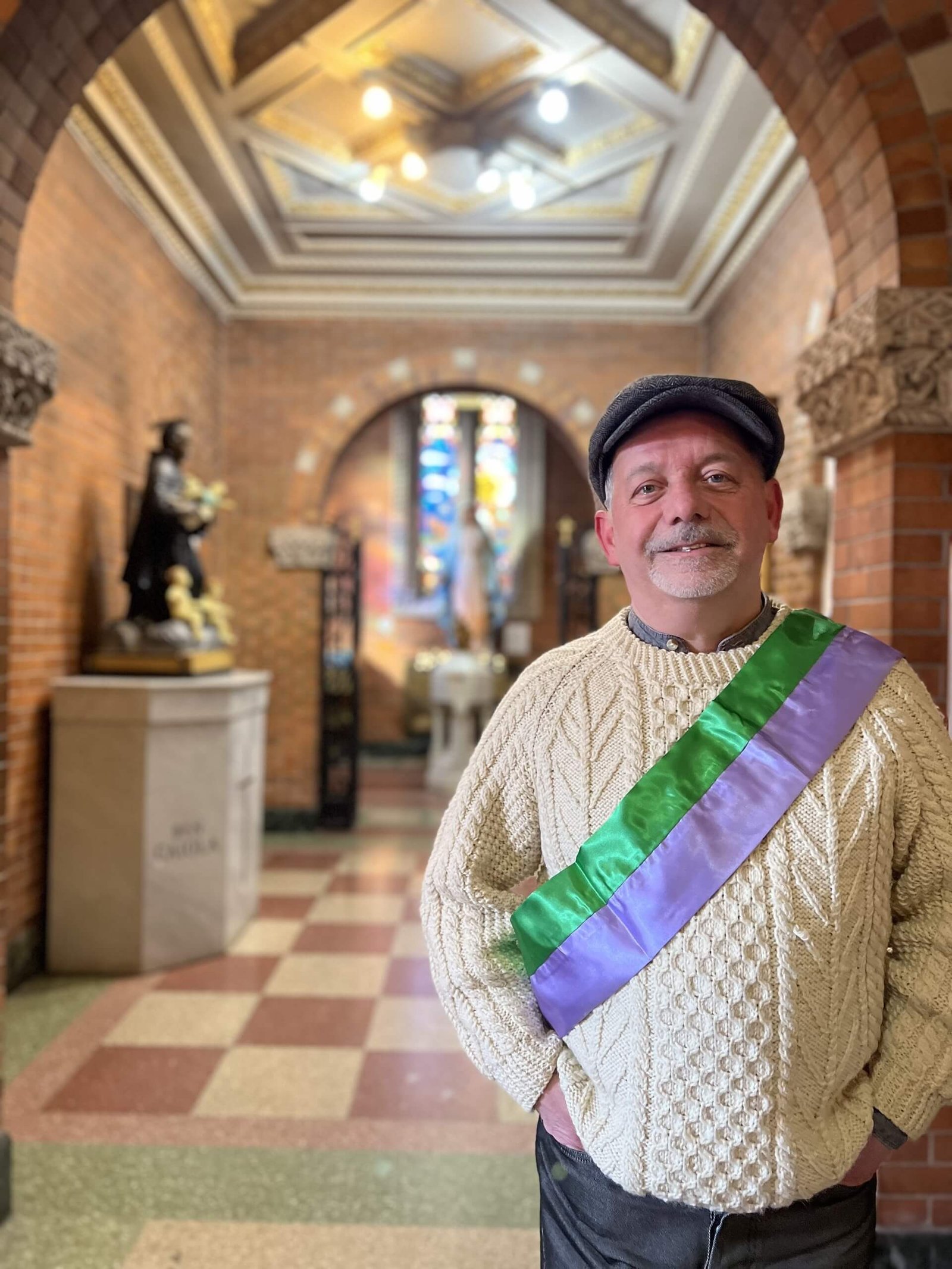Fiscal Sponsorship
Fiscal Sponsorship
Fund your artistic projects with tax-deductible donations and grants – and leave the paperwork to us.
Sponsored Artist Benefits
>>> Raise Money
>>> Crowdfunding
>>> In-Kind Donation Processing
Donors can claim a tax deduction on non-cash gifts to fiscally sponsored artists – from costumes, props, and other supplies in support of your art-making; to stock donations, auction items, and office equipment to grow your organizational efforts.
How do I sign up?
If you are doing work that is (1) artistic or artist-serving, and (2) available to the public, you are eligible for fiscal sponsorship with Image Maker Films Inc.
How to Apply?
Contact us via email.
Current Fiscal Sponsored Artist

Brendan Fay
Filmmaker and Human Rights Activists
(Fiscal Year 2025-2026)
Project: The John McNeill Centenary Project
>>> Book publication on John McNeill
>>> Film screenings on John McNeill (Documentary: Taking a Chance on God)
>>> Digital presentations on John McNeill.
About the Artist:
Brendan Fay (he/him), filmmaker and human rights activist, was born in Athy, Ireland, a market town southwest of Dublin. He is the third child of seven and his parents were Mary Kavanagh and Peter Fay. His father, a union leader, also worked as a fitter and welder in an asbestos factory. Outside of his work at the factory, his father also volunteered with the St. Vincent DePaul Society and co-founded the Athy Credit Union in May of 1968.
While his father’s involvement in community impacted Fay, he also was influenced by the Sisters of Mercy, a Catholic women religious congregation. During his childhood, he attended St. Michael’s primary school which was run by the order who also had a reputation of compassionate ministry for the homeless and alcoholics. Growing up in an Irish Catholic community, he became an altar server like other young boys. He grew up with the Catholic Irish traditions of holy wells, Celtic crosses, Corpus Christi processions, the Angelus and benediction in Latin. He lived through the transformative years of the Second Vatican Council, from 1962-1965, while in later years experiencing the growing visibility of the international homophile movement and the nascent gay liberation movement in the United States.
In 1971, Fay’s family moved to his father’s hometown, Drogheda in County Louth. His father transferred to the nearby fishmeal factory in Mornington. While living in Drogheda, he became active with the Augustinian Friars’ church, which according to Fay, was a more progressive church that engaged with the community through youth ministry and popular folk masses. He became a lector, eucharistic minister and wrote for the church’s bulletin on Taize, an ecumenical French Christian monastery, nuclear disarmament, and social justice.
